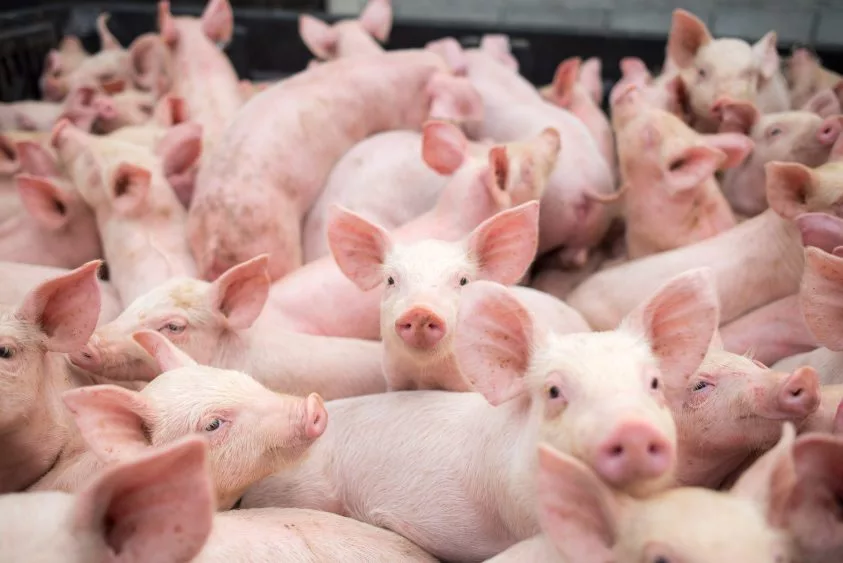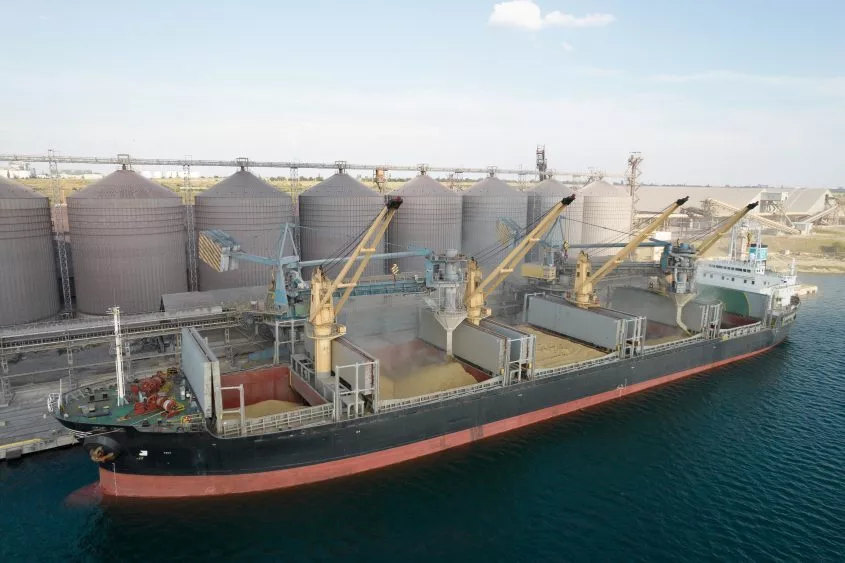Sustainable Aviation Fuel tax treatment remains in limbo despite months of regulatory efforts and, most recently, a push to include the treatment of SAF crops in the House farm bill. Biofuel producers and feedstock growers anxiously await the Treasury’s final Clean Fuel Production Credit rule and any legislative action needed to make the huge potential SAF market viable for Ag.
And on Capitol Hill, the recent House farm bill markup also saw consideration of the Farm to Fuselage Act. Texas Democrat Jasmine Crockett said “The bill addressed an issue faced by producers of many oilseeds that are ready and eager to grow SAF biobased feedstocks when their fields would normally be fallow but can’t because of crop insurance, first, and second, because of plant rules. After working exclusively with USDA, the bill establishes a biofuel crop exception, as long as it can pass muster with USDA.”
Crockett’s bipartisan bill would broaden and boost SAF feedstock supplies. She said, “There are several crops whose oil byproducts make for great SAF feedstock, but don’t generate enough revenue to replace a main crop a farmer is planting.”
Ag Chair Glenn Thompson responded that SAF is an exciting opportunity but one the Ag Committee couldn’t pursue during the farm bill markup. Thompson said, “Unfortunately, there’s a jurisdictional issue in terms of defining fuels, and Energy and Commerce has kind of weighed in very heavily. In terms of feedstock, we certainly can support providing the feedstock, but in terms of the fuel, itself and defining the use of the fuel, I wish we had jurisdiction, but we don’t.”
Crockett’s Dallas congressional district includes Dallas Love Field Airport, where Southwest Airlines is headquartered. Southwest plans to replace 10 percent of its jet fuel with sustainable aviation fuel by 2030.
Story courtesy of NAFB News Service and Matt Kaye/Berns Bureau




